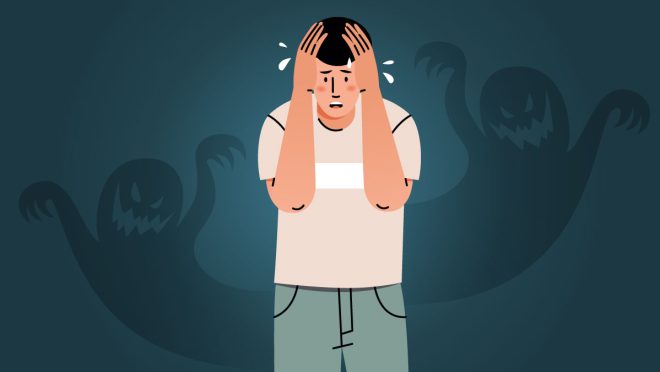The invisible weight: Understanding mental health in a world that never stops
The invisible weight: Understanding mental health in a world that never stops

Every year on 10 October World Mental Health Day reminds us to pause and acknowledge something that we should be thinking about every single day – the state of our collective psychological well-being. But this isn’t just another awareness campaign with inspiring quotes. It’s a moment to confront an uncomfortable truth. We are living through a global mental health crisis, and most of us are pretending everything is fine.
The numbers don’t lie
According to the World Health Organization, one in every seven people globally live with a mental health condition. Depression and anxiety alone cost the global economy and estimated $1 trillion per year in lost productivity. Your mental health has deteriorated drastically. Suicide remains one of the leading causes of death worldwide, claiming over 720,000 lives annually, according to WHO data.
But behind these statistics are real people. The colleague who smiles through their panic attacks, the student who laughs with friends but lies awake at night feeling like a failure, the person who has a traumatic childhood that makes him feel unwanted.
Why this crisis
We are now more “connected” than ever yet lonelier than ever. Our minds are flooded by the 24/7 news cycle, endless notifications and constant comparison. We are drowning in information but starving for meaning and peace. Rest has become resistance in a culture that glorifies overwork and calls burnout “hustle”. Our worth has been tied to productivity, not humanity. And through it all younger generations are inheriting a planet in crisis. It’s taking a toll on their mental health. When the world feels like it’s burning it’s hard to plan for tomorrow.
What actually helps? (And what doesn’t)
The wellness industry is booming. Selling calm in subscription form. Meditation apps, scented candles, luxury retreats, gratitude journals. Some of it helps, for sure. But none of it fixes what’s really broken. You can’t self care your way out of a collapsing system. Treating collective issues as personal failures isn’t wellness.
How real mental health support looks
Real connection: Real relationships where honesty isn’t punished. We spend too much time online where everything is filtered and blurry. It’s easy to lose track of what’s real.
We hid behind the curated versions of ourselves, afraid that authenticity will cost us connection.
Professional treatment: Therapy! This word is still not normalized in Bangladesh. Mental Health Care is too often seen as something as “foreign” of “for the weak”, when in reality it’s simply healthcare. Talking to a therapist isn’t a luxury or a sign of failure, it’s a step toward understanding yourself and healing. We need to normalize that.
The content we consume: Interestingly, as our mental health crisis has deepened, cinema has been holding up a mirror. Modern cinema is grappling honestly with what we are facing. When, Pixar’s
Inside Out personified depression as crumbling islands of personality, millions of people, children and adults alike had language for their experience. When Everything Everywhere All at Once, used a chaotic multiverse to depict overwhelming anxiety and existential dread, it became an unexpected mental health phenomenon because it captured exactly how modern life feels.
Films like Silver Lining Playbook showed that people with bipolar disorder are complex humans managing a chronic disorder. The Perks of Being A Wallflower tackled trauma and PTSD with devastating honesty.
What’s significant is that these films are commercial successes. Audiences are hungry for honest portrayals of mental health because we’re all living it. When a character on screen struggles with anxiety, depression or trauma, millions of viewers think – “That’s me. I’m not alone”. And sometimes recognition is the first step toward seeking help.
The truth we need to face
Mental health isn’t just about individual resilience or positive thinking. It’s about creating a world where people can actually be well. Where basic needs are met, where rest is possible, where help is accessible and where therapy is normalized.
We have built a society that makes people sick and then blames them for not being healthy enough. World Mental Health day should be a reminder that we can do better. We must do better.


